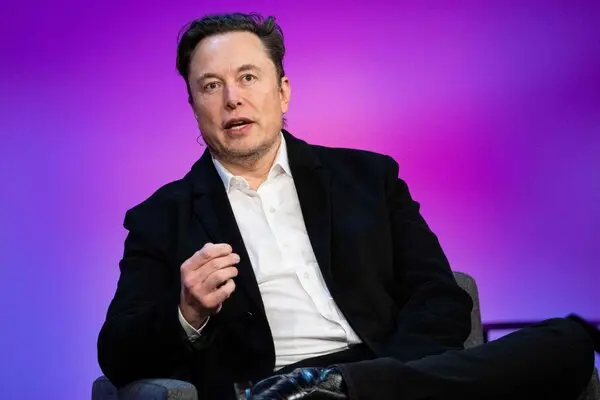Elon Musk, the visionary CEO of SpaceX, is once again making headlines with his ambitious plans to colonize Mars. This time, Musk’s vision for interplanetary colonization was underscored by his response to a tweet from Tesla Owners Silicon Valley, where he stated that the Starship, SpaceX’s colossal rocket, would be capable of taking humans to Mars. Musk didn’t stop there; he went on to express his intention to send a staggering 10 million people to the red planet.
For Musk, the idea of colonizing Mars is not new. He has long been vocal about his vision of establishing a human presence on the Martian surface. His company, SpaceX, has been actively developing the technology needed to make this vision a reality, with projects like the Starship rocket playing a central role in these efforts.
In his response to the tweet, Musk outlined his rationale behind the ambitious goal of sending millions of people to Mars. He emphasized the importance of creating a self-sustaining civilization on the planet, one that could survive even if Earth’s supply missions were to cease. This concept aligns with Musk’s broader philosophy of ensuring the long-term survival of humanity by becoming a multi-planetary species.
Musk’s fascination with Mars extends beyond mere words. SpaceX has been actively working on developing the technology needed to transport humans to the red planet. The Starship rocket, which Musk referred to in his tweet, is central to these efforts. Designed to be the most powerful rocket ever built, the Starship aims to make interplanetary travel a reality.
However, Musk’s ambitions for Mars colonization have faced their fair share of challenges and skepticism. Critics have raised concerns about the feasibility of such an endeavor, citing technological, logistical, and ethical hurdles. Establishing a self-sustaining colony on Mars would require overcoming numerous obstacles, from developing life-support systems to addressing the psychological and physiological effects of long-duration space travel.
Despite the challenges, Musk remains undeterred in his pursuit of a human presence on Mars. His unwavering commitment to the idea reflects his belief in the importance of space exploration and the potential benefits it could bring to humanity.
In addition to his plans for Mars colonization, Musk has also been in the spotlight for his involvement in other ventures. One such venture is his recent acquisition of Twitter, now known as X. However, Musk’s acquisition of the social media platform has attracted scrutiny from the Securities and Exchange Commission (SEC).
The SEC has raised questions about whether Musk followed disclosure rules and made accurate public statements about his Twitter stock purchases and intentions. Despite testifying before the SEC twice in 2022, Musk is now facing further inquiries based on new information that has come to light.
A California federal court recently ruled in favor of the SEC, deeming its investigation legitimate and the requested testimony relevant. The court rejected Musk’s claims of harassment and irrelevant inquiries, paving the way for further scrutiny of his Twitter acquisition.
Musk’s involvement in both space exploration and business ventures like Twitter underscores his status as one of the most influential and controversial figures in the tech industry. Whether he will succeed in his ambitious goal of colonizing Mars remains to be seen, but one thing is certain: Elon Musk will continue to push the boundaries of innovation and imagination in his quest to shape the future of humanity.
